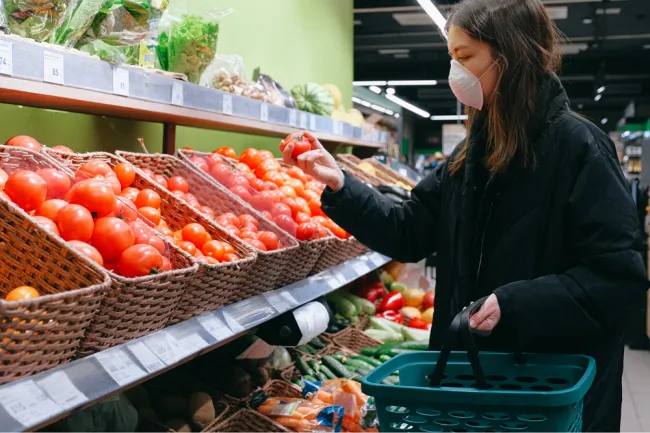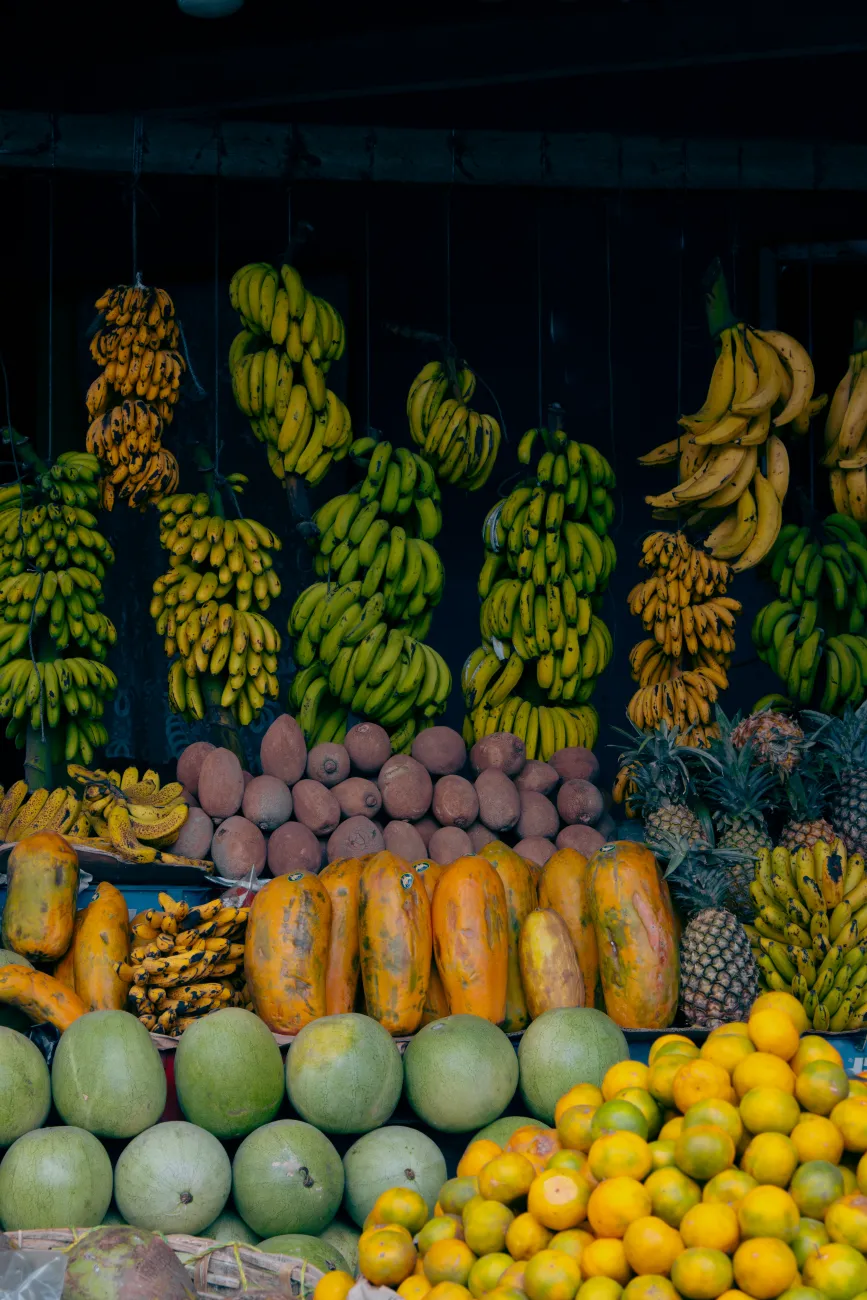This paper gives the first global review of how food security has been affected by the COVID-19 pandemic. It finds that, in general, food availability was not disrupted significantly since food systems were able to adapt to the disruptions caused by the pandemic. However, both physical and financial access to food were negatively affected.

The figure below shows the elements of food security that are assessed in the review. For a further explanation of the components of food security, see the TABLE explainer What is food security?
Image: Figure 1, Béné et al. The different elements of the framework used in the review to assess COVID-19 impact on people's food security.
The key findings include:
- While food systems did not collapse and continued to supply food throughout 2020, many food system actors experienced severe economic difficulties, particularly the self-employed or small-scale entrepreneurs.
- Home delivery, grocery stores and supermarkets benefited economically, reporting billions of dollars in extra profit.
- The main threat to people’s access to food was from COVID’s negative impacts on jobs, livelihoods and income, rather than from an increase in the cost of food.
- The choice of food available to consumers was in some ways constrained, since some open air markets or street vendors were prevented from operating while supermarkets remained open.
Abstract
In this paper we present the first global assessments of COVID-19's impacts on food systems and their actors, focusing specifically on the food security and nutritional status of those affected in low and middle-income countries. The review confirms the magnitude and the severity of an unprecedented crisis that has spread worldwide and has spared only a few. The analysis shows that the dimension of food security that has been most affected is accessibility, with reasonably solid evidence suggesting that both financial and physical access to food have been disrupted. In contrast, there is no clear evidence that the availability of food has been affected. Overall, data suggests that food systems resisted and adapted to the disruption of the pandemic. This resilience came, however, at great costs, with the majority of the systems' actors having to cope with severe disruptions in their activities. In contrast, grocery stores and supermarkets made billions of dollars in profits in 2020.
Reference
Béné, C., Bakker, D., Chavarro, M.J., Even, B., Melo, J. and Sonneveld, A., 2021. Global assessment of the impacts of COVID-19 on food security. Global Food Security, p.100575.
Read the full paper here. See also the TABLE explainer What is food security?




Comments (0)